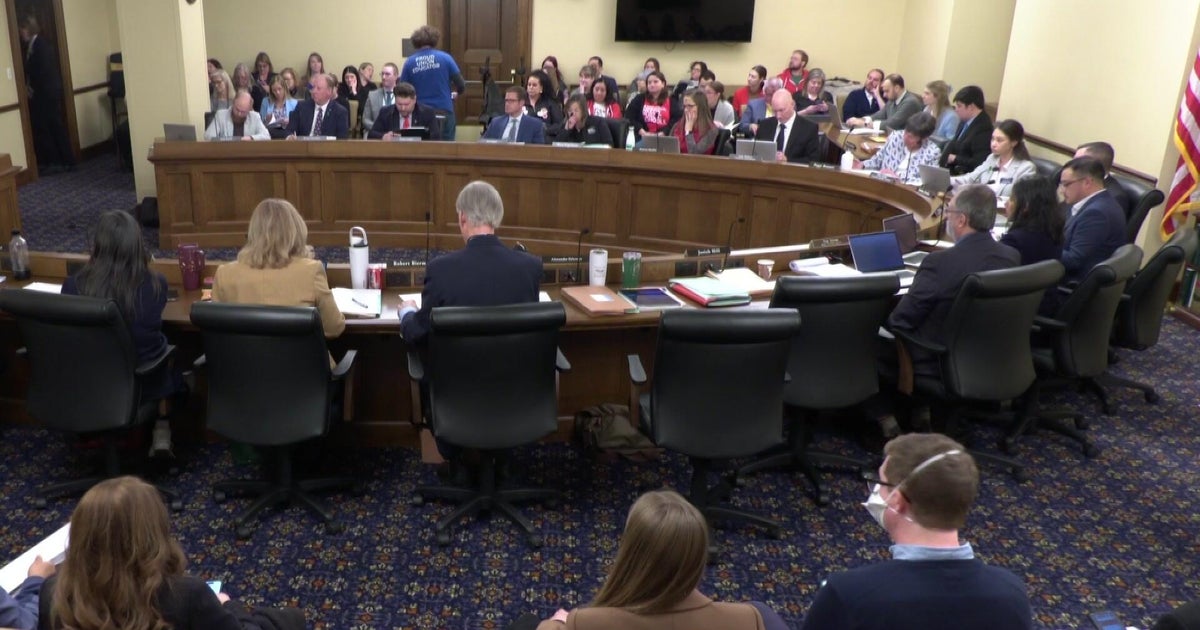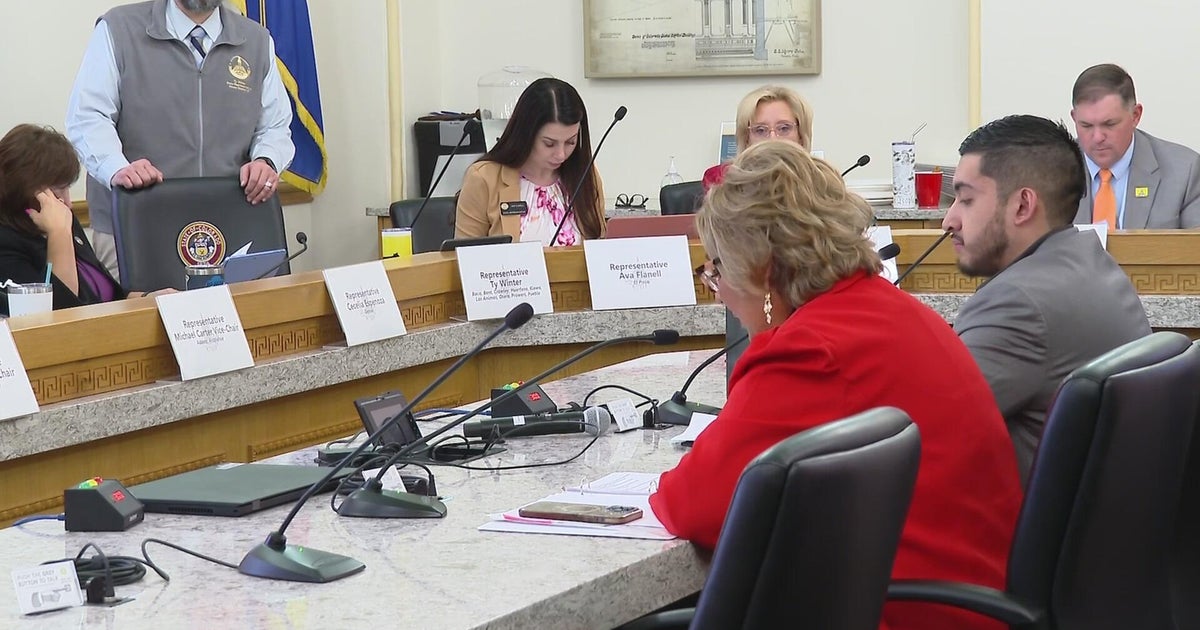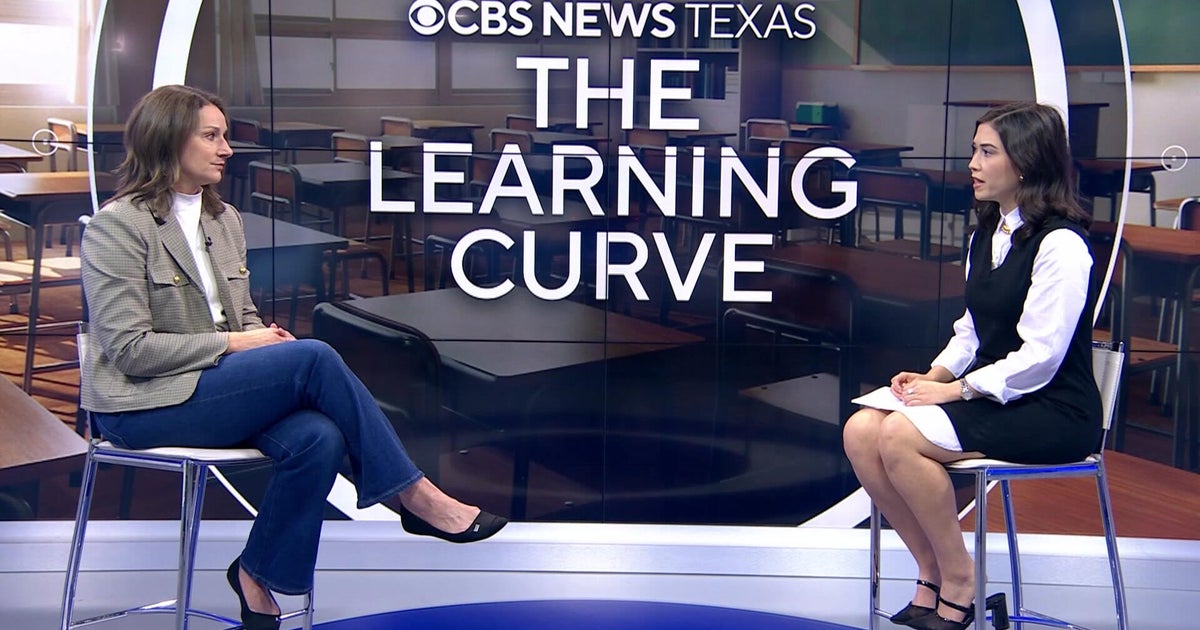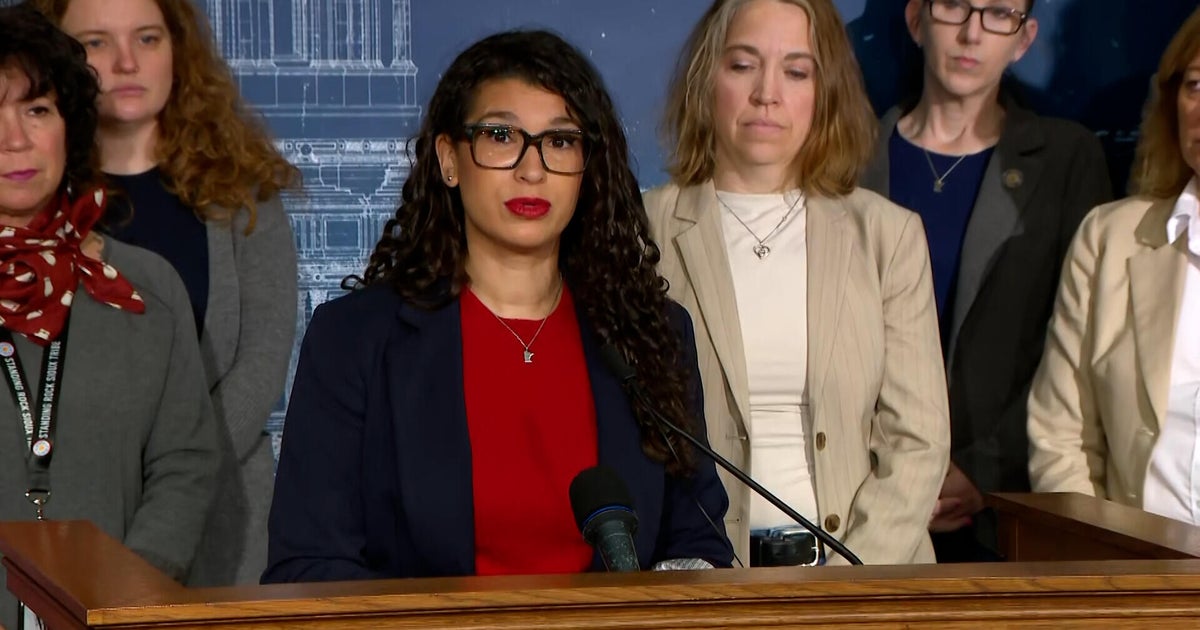Bush Tutors Lawmakers In Fla. Education Reforms
ST. PAUL, Minn. (AP) -- The lessons learned from a system of education reforms that improved low test scores and dismal graduation rates in Florida schools could benefit Minnesota, former Florida Gov. Jeb Bush told Minnesota lawmakers Tuesday.
Republican leaders in the Minnesota House and Senate invited Bush to present his education reforms, hoping to build momentum for replicating some of the policies in Minnesota. Some leading Democrats were quick to disagree.
"We are happy to steal great ideas," House Speak Kurt Zellers, R-Maple Grove, said after the presentation.
The main House education bill already contains a voucher program for low-income students and would create a school performance rating system similar to one in Florida. The bill's backers hope the measures can help shrink the academic achievement gap between the state's racial minorities and their wealthier peers.
Bush, who was governor of Florida from 1999-2007, said the state had improved its schools and the academic performance of its students, particularly non-whites, by enacting several reforms at the same time then making sure they were well funded.
Those included giving schools easily understood letter grades from A to F. Schools that graded out poorly were embarrassed while those that earned As got extra state money.
Third-graders who couldn't read weren't promoted to the next grade, which held back 13 percent of the class in 2002-2003. But, he said, that percentage has since dropped.
He said Florida also embraced the use of vouchers to make it easier for students, particularly the poor and those needing special education, to leave failing schools. Bush said the threat of mobile students proved to be "a catalytic converter for improving public schools."
Bush touted the benefits of the state's program for preschool, for which all 4-year-olds are eligible. He said it helped those students show up at kindergarten ready to learn.
He encouraged Minnesota to follow Florida's lead and the embrace Web-based learning, in which students can move at their own pace through content developed by the best teachers in their fields.
Bush said that in the 1990s Florida students who tested well below the national average on the National Assessment of Educational Progress, a national test that allows comparison between states, now beat the national average on fourth and eighth grade reading tests. Minnesota's most recent scores were among the top 10 in both grades.
He said Florida high school graduation rates at the start of the decade were among the very lowest in the nation, but they are now about average at 65 percent.
That significantly trails Minnesota, where about 86 percent of students graduate, one of the highest rates in the nation, according to the National Center for Education Statistics. Minnesota's average scores on the ACT are also among the nation's best, while Florida's are among the lowest.
Democrats who sit on education committees in the state Senate and House said the differences between the states make Florida-style reforms unnecessary in Minnesota.
"Comparing Minnesota to Florida is apples to oranges, with oranges being Florida," said Rep. Chuck Wiger, D-Maplewood. "We are not one of those southern states. We are Minnesota and we're proud to have the highest graduation rate in America."
Rep. Carlos Mariani, D-St. Paul, said Bush neglected to mention that in 2002 voters approved a constitution amendment that limits class sizes to no more than 18 students in early grades.
"The common people in the state of Florida, just like the common people here, understand that if you under-resource something you get what you pay for," he said.
Joe Nathan, director for the Center for School Change at Macalester College, attended Bush's presentation. He said he thought many of the former governor's ideas could be good for Minnesota, even if the details might have to be tweaked.
In particular, he liked Florida's system for rating schools.
"I think it would be good for Minnesota," he said. "It would help students and parents choose schools wisely and serve as an incentive for improvement."
(© Copyright 2011 The Associated Press. All Rights Reserved. This material may not be published, broadcast, rewritten or redistributed.)







